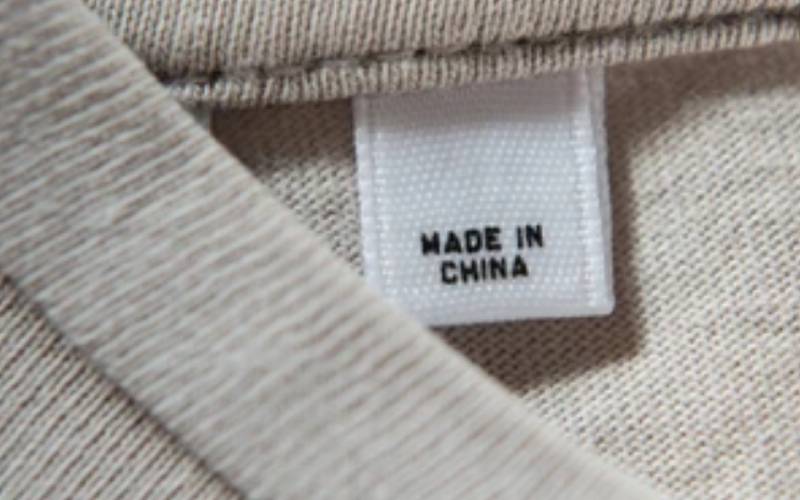×
The Standard e-Paper
Home To Bold Columnists

The flood of Chinese products has swept through the country’s nascent cottage industry. [Courtesy]
When China hoisted itself to the pinnacle as the “factory of the world,” it set off a huge tremor, cutting through the heart of Kenya’s manufacturing hub.







